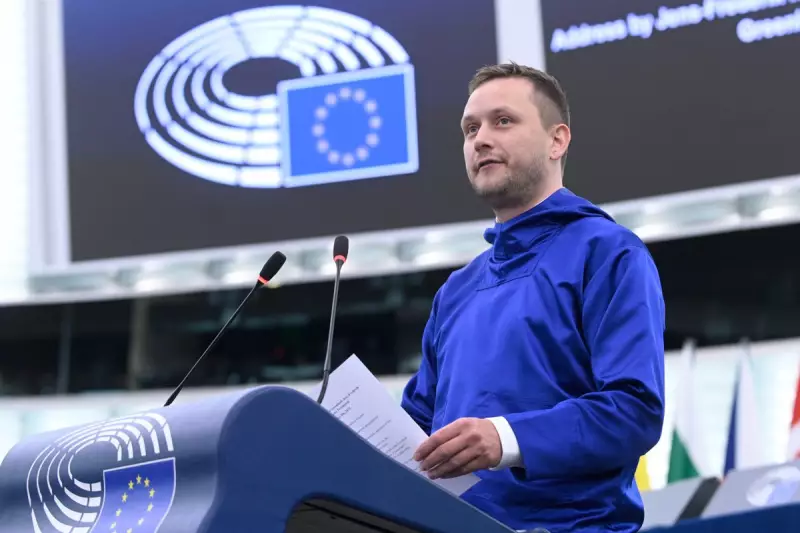
In a revelation that exposes one of the most unconventional diplomatic episodes in recent memory, European Parliament members have learned the startling details behind Donald Trump's persistent attempts to purchase Greenland during his presidency.
The Real Estate Approach to Diplomacy
According to testimony before the European Parliament's trade committee, the former US president treated the potential acquisition of the world's largest island as something resembling a property transaction rather than a matter of international sovereignty.
Kim Kielsen, Greenland's former premier, disclosed that Trump raised the prospect multiple times, demonstrating what officials characterized as a fundamental misunderstanding of Greenland's political status and relationship with Denmark.
Danish Backlash and Diplomatic Fallout
The proposition triggered immediate controversy, with Danish Prime Minister Mette Frederiksen dismissing the idea as "absurd" and reinforcing that Greenland was not for sale. The incident caused significant strain in US-Denmark relations, culminating in Trump abruptly postponing a scheduled state visit to Copenhagen.
Kjeldsen's testimony revealed the depth of European concern about Trump's approach to international affairs, particularly regarding territorial matters and sovereignty.
Strategic Interests Behind the Proposal
While the notion of purchasing territory might seem extraordinary in modern diplomacy, the United States has historical precedent for such acquisitions and maintains substantial strategic interests in the Arctic region.
The hearing highlighted growing European apprehension about potential shifts in US foreign policy should Trump return to power, with particular focus on his methods of international negotiation and deal-making.
Broader Implications for Transatlantic Relations
This extraordinary episode serves as a case study in the collision between traditional diplomacy and Trump's distinctive approach to international relations. European officials expressed concerns that such methods could destabilize long-standing alliances and diplomatic norms.
The testimony underscores ongoing European anxieties about the future of transatlantic relations and the potential revival of similarly unconventional diplomatic initiatives.






